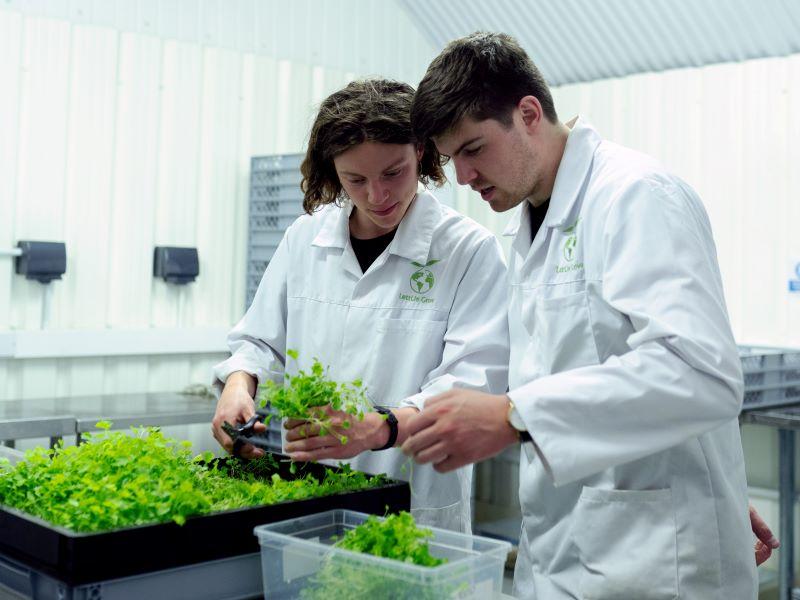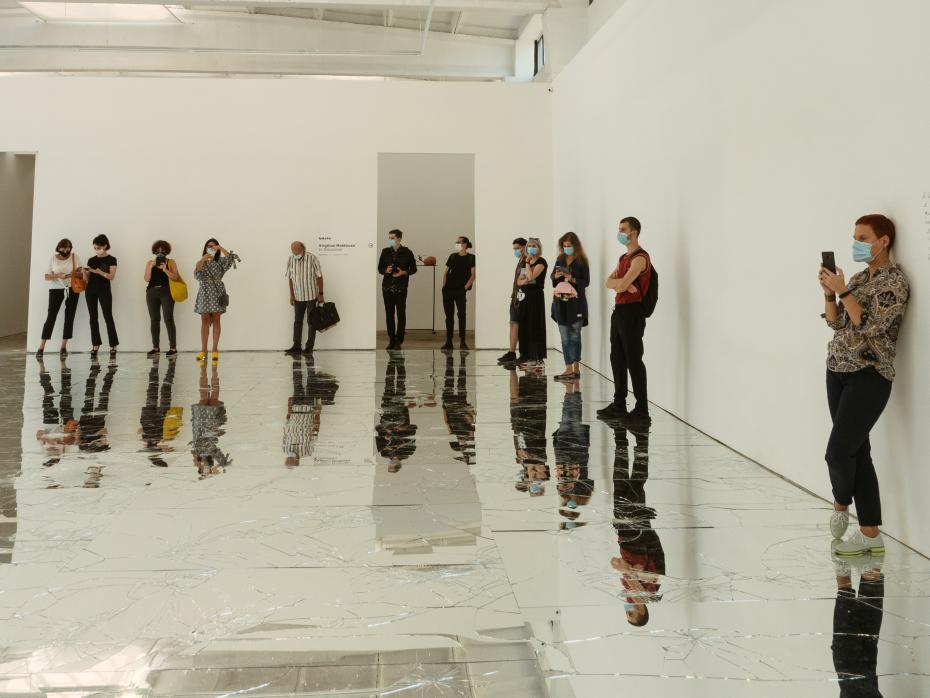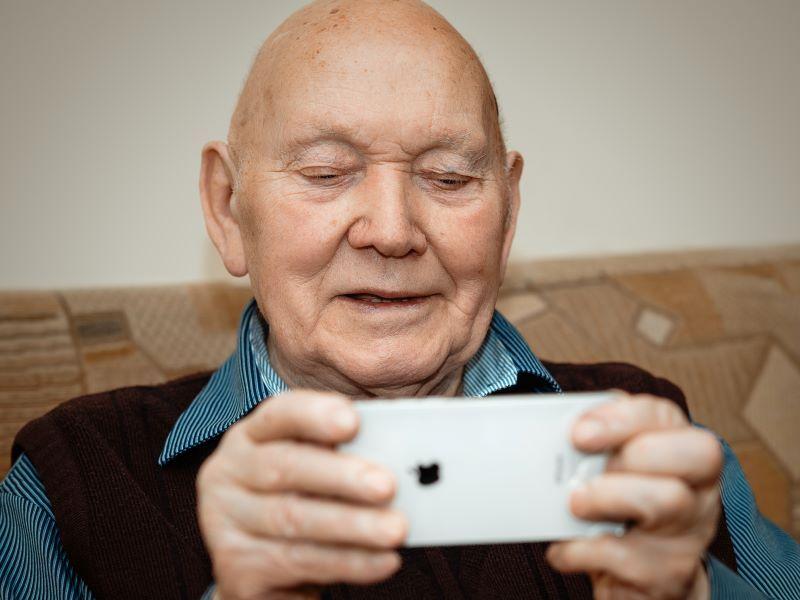
Five tips to enhance your institution’s civic engagement by working with public libraries

If you’ve been to a public library recently, you’ll know that they aren’t just about borrowing books. From hosting gigs through to creating death-positive spaces, libraries play a vital role in supporting communities to learn new skills, improve health and well-being and reduce social isolation.
Good two-way public engagement can connect communities, inspire learning and stimulate curiosity. So what better partner than libraries to support higher education institutions to engage the public with their work and build on civic engagement strategies?
The Engaging Libraries programme, funded by Wellcome, Wolfson Foundation and Carnegie UK, supported public libraries across the UK to work with universities to develop and deliver public engagement activities linked to research on health, society and culture. We learned a lot through the process, with successful partnership models developed, leading to mutually beneficial outcomes.
- THE Campus spotlight: how to be a civic university post-pandemic
- How open knowledge strengthens democracies
- Changing lives through community engagement and outreach
Many higher education institutions are interested in developing partnerships with public libraries. But where do you start? Here are five top tips.
1. Find the right public library partner
Do your research. Think about which audiences you want to engage with your work and consider which public libraries on your doorstep will potentially open up access to them. Consider which community partners and organisations the libraries are already working with – will these help you build new local community partnership networks?
Taking time to talk with potential library partners about whether your goals align will help you decide if you can potentially work well together. We found that partnerships who held shared aims worked most effectively. For example, Glasgow Libraries and the University of Dundee described how shared language and understanding right from the start put them on a level playing field when it came to project ownership. Collaborating around the project design also meant that everyone contributed.
Developing trust and respect through honest and open communication is key: get to know each other before taking the leap and get to grips with what both parties can bring to the table. Public library staff are highly skilled at delivering public activities and communicating with audiences in the most appropriate and inclusive way. What can you bring to the partnership?
Toolkits such as the Nesta Partnership and NCCPE Museum-University Partnership toolkits can help you develop and deliver successful partnership working.
2. Involve your community in the design
Co-creating public engagement programmes is becoming more common in the public library sector. Partnerships with libraries can allow researchers to listen to the needs and concerns of local communities at the design stage of a project, going on to inform project delivery and increasing the relevance of research. This co-created approach, used by West Lothian Library and Heriot-Watt University in the “Lothian Lugs” project had a direct impact on the university, shaping new research ideas and making new connections.
3. Consider digital solutions to open up access to new audiences
The shift to online public engagement activity wasn’t without its challenges, yet it showed that effective public engagement didn’t have to always be face to face. Online projects such as Telling the Tale, run by Hammersmith and Fulham Libraries, Imperial College London (SCARU) and MRC London Institute of Medical Sciences, set out to create conversations about life science research and self-care and enabled teenagers and adults from diverse backgrounds to meet scientists for the first time.
Rather than exclude audiences, we found that moving activity online increased the intended reach and diversity of audiences. A massive 93 per cent of higher education partners involved agreed that working with libraries had helped them reach new audiences. It meant inclusion for people who wouldn’t ordinarily participate because of financial, intellectual or physical barriers.
4. Don’t shy away from sensitive or controversial research subjects
Talk to potential library partners about their experience of engaging the public with sensitive subjects – you’ll likely find they’re highly skilled. Whether death and dying, identity or menopause, public libraries can help researchers devise creative ways to involve the public in taboo topics. For example in “Pause not Full Stop”, OnFife Libraries and the University of Bristol devised a series of online workshops involving bread-making and creative writing where participants had time to share their experience of menopause with a researcher. With libraries considered a safe space to discuss and debate ideas, they can be the ideal partner for engagement on a tricky topic.
5. Evaluate your partnership
It’s important to measure the impact of activity on the public, but make sure you evaluate your partnership, too. What worked well? What were the key ingredients? What failed? Why? Embed reflective practice into your approach and use available tools to assess your partnership and whether there’s scope to continue working together.
With civic engagement a priority for both universities and public libraries, it’s the perfect time to explore partnerships. We’ve produced case studies and a toolkit based on our experience delivering the Engaging Libraries programme to help you make a start.
Marge Ainsley is an independent evaluation and research consultant and undertook the independent evaluation of the Engaging Libraries programme. Rachel Heydecker is a senior policy and development officer at Carnegie UK.
If you would like advice and insight from academics and university staff delivered direct to your inbox each week, sign up for the Campus newsletter.


